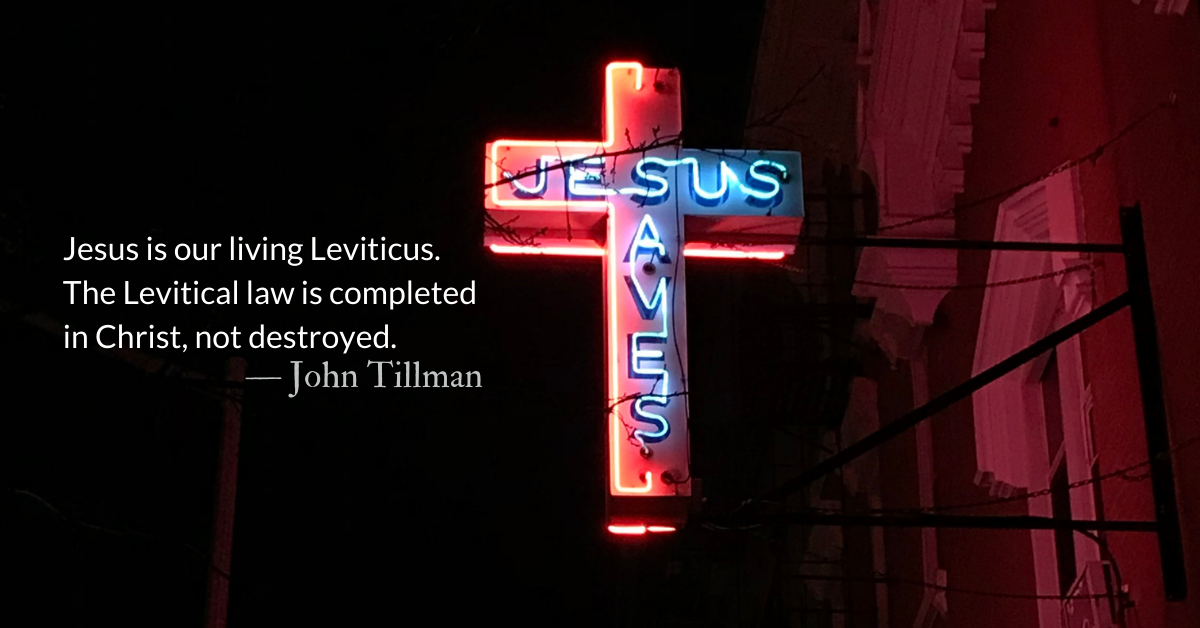Links for today’s readings:
Read: Leviticus 27 Listen: (4:45) Read: Acts 23 Listen: (5:15)
Scripture Focus: Leviticus 27:8
8 If anyone making the vow is too poor to pay the specified amount, the person being dedicated is to be presented to the priest, who will set the value according to what the one making the vow can afford.
Reflection: Your Net Worth
By Erin Newton
I look in the mirror and see a tired face, wrinkles setting in on a furrowed brow. Clothes disheveled, uncertain of when I last did laundry. I wonder if I did enough today, if my kids are bored, or if I forgot something that was due yesterday.
What are my efforts worth?
The bank account is low, and the bills are running high. The jar of change echoes a little more. I hope the banker sees our hard work and diligence; we just need a little loan to fix the house.
What is my value in the eyes of the world?
The world calculates manhours and paychecks, zeros and commas, potential and power. Worth is defined by bank accounts and popularity. What can you do for me? What can you do for us? (Are you going to pay taxes? Are you always going to need help?)
When will I be “worth my weight in gold”?
I’m destined to never be on a Forbes list or in the museum’s platinum donor column. Making ends meet is all that we call success these days. But of all the prized possessions and bountiful crops and perfect livestock, my life itself is of greatest worth—at least from a divine perspective.
My life is worth more than my accomplishments.
There was a provision for people to be dedicated to God, a living sacrifice so to speak. This wasn’t servitude or enslavement. The person would go away and return to his or her normal duties. It was a monetary gift to God symbolic of the potential value of one’s wages for many years. It was costly. It was precious. Because we are precious.
My devotion is not determined by my net worth.
The cost of such dedication was not hindered by one’s lack of wealth. A person could be dedicated with equal respectability and with equal expression of devotion but for a cost that was commensurate with one’s financial burdens. Being low-income did not lower one’s dedication.
I can dedicate my life to God without being an employee of the church.
The temple had a prescribed group of workers: the Levites. Others who wanted to dedicate themselves to God could give financially and work in the outside world.
Such is the reality of many Christians today. All of our lives, the work of our hands, the proportion of our gifts are dearly valued by God.
Divine Hours Prayer: The Request for Presence
Be merciful to me, O Lord, for you are my God; I call upon you all the day long. — Psalm 86.3
– Divine Hours prayers from The Divine Hours: Prayers for Springtime by Phyllis Tickle.
Read more: Living Leviticus
Leviticus levels the ground at the entrance to God’s presence. The rich have no advantage over the poor in seeking God.
Read more: God Makes the Disabled Holy
God claimed disabled priests as his and made them holy…They are included when God says, “I am the Lord who makes them holy.”



